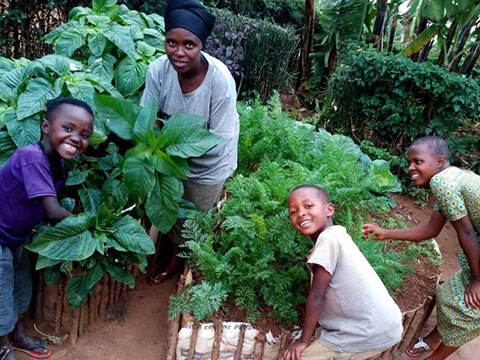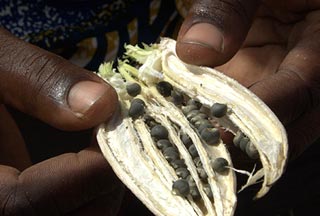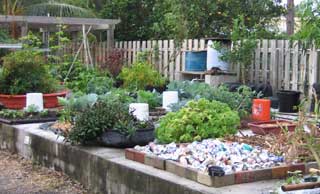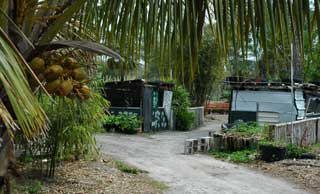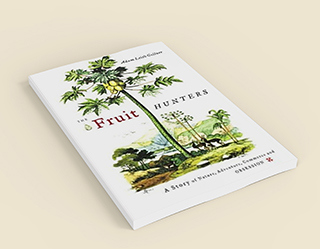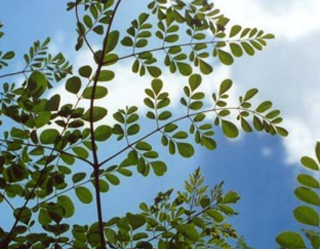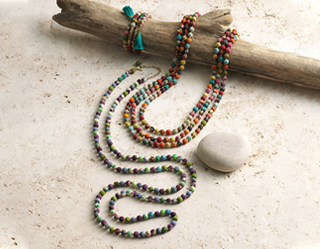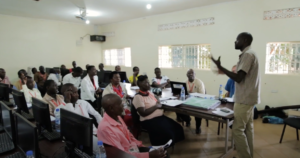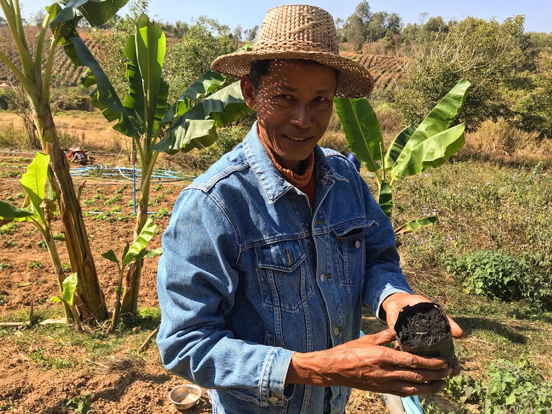Mr. Tuntun showing us the biochar he makes and uses to grow his fruit tree seedlings
By Patrick Trail
Getting out into the field and ‘walking the farm’ with a partner and friend is something I truly enjoy and is a highlight of my role at ECHO. There is something uniquely gratifying about watching a farmer show off the work of his/her hands, and there is something very humbling about the opportunity to glean wisdom discovered through years of sweat and tears. I always learn something new. I am also usually reminded to encourage the people that work so hard, and yet often go unappreciated, for the food they produce.
It is equally rewarding to see the joy of a farmer who may have learned of a new plant, practice, or technology through one of our trainings. On this particular day, as I walk the farm with Mr. Tuntun in rural Myanmar, I can’t help but smile as he proudly shows me the biochar he now makes and uses in his potting mix for his fruit tree seedlings. Instead of burning, he now turns his organic waste material from the farm into a valuable resource that can be used to produce more crops, instead of losing his carbon to the atmosphere through smoke. Nearly a year ago to date, Mr. Tuntun attended our Seed Saving Workshop down the road in Pyin Oo Lwin and learned how to make biochar during one of the hands-on sessions. He immediately returned home and tried it for himself, and has been very successful. Mr. Tuntun now even hosts a facebook page where he shares his farming techniques with other Burmese-speaking farmers, explaining practices like biochar, among others!
As exciting as all of this is, I am reminded that so much of what has happened here stems from our key partner in this region, Mr. Thaung Si. As a longtime friend and partner of ECHO Asia, Thaung Si has joined us for training events on numerous occasions and we have learned much from him as well. Three years ago, with the help and guidance of ECHO Asia staff, he established a Community Seed Bank at the Lisu Baptist Theological Seminary. Through his seed bank he teaches agriculture and gardening practices to students going out as bi-vocational pastors, and has had a major impact on many lives, sowing seeds of many different types. It was at this site just last year that we hosted the Seed Banking Workshop in partnership with Thaung Si. It was he who invited Mr. Tuntun and nearly 100 other local farmers and participants to join us, and it is he who follows up with them when we are gone. I know that not all will be as enthusiastic as Mr. Tuntun, who attended the training and returned to apply what he learned, but I find joy in thinking that at least a few more might.
ECHO has many partners as dedicated as Thaunag Si throughout the region, and those partners, when well equipped, are capable of equipping so many more. This is the multiplication effect of our work, and through these men and women goes the light of the gospel with the seeds they sow!
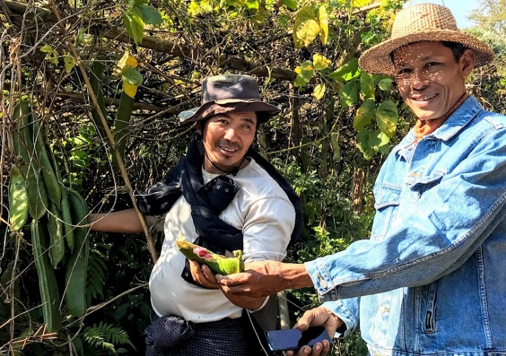
Thaung Si (left) and Tuntun (right) showing off sword bean seed that came from the ECHO Asia Seed Bank and is now being grown out to supply the seed bank there in Myanmar.
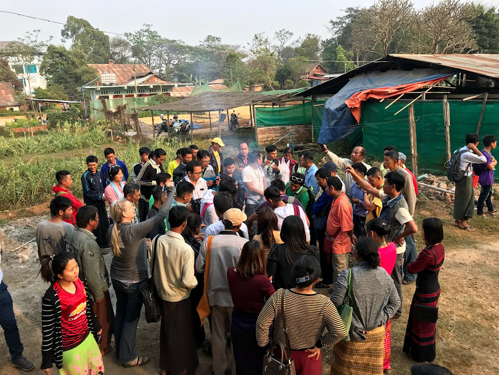
Biochar making demonstration at last year’s Seed Saving Workshop at the Lisu Baptist Theological Seminary in Pyin Oo Lwin, Myanmar.
__
ECHO provides sustainable options to world hunger through agricultural training, innovative options, and networking with community leaders and missionaries in 180 countries and online through ECHOcommunity.org. ECHO seeks to find agricultural solutions for families growing food under difficult conditions. ECHO’s international headquarters is located in Fort Myers, FL. Visit echonet.org
